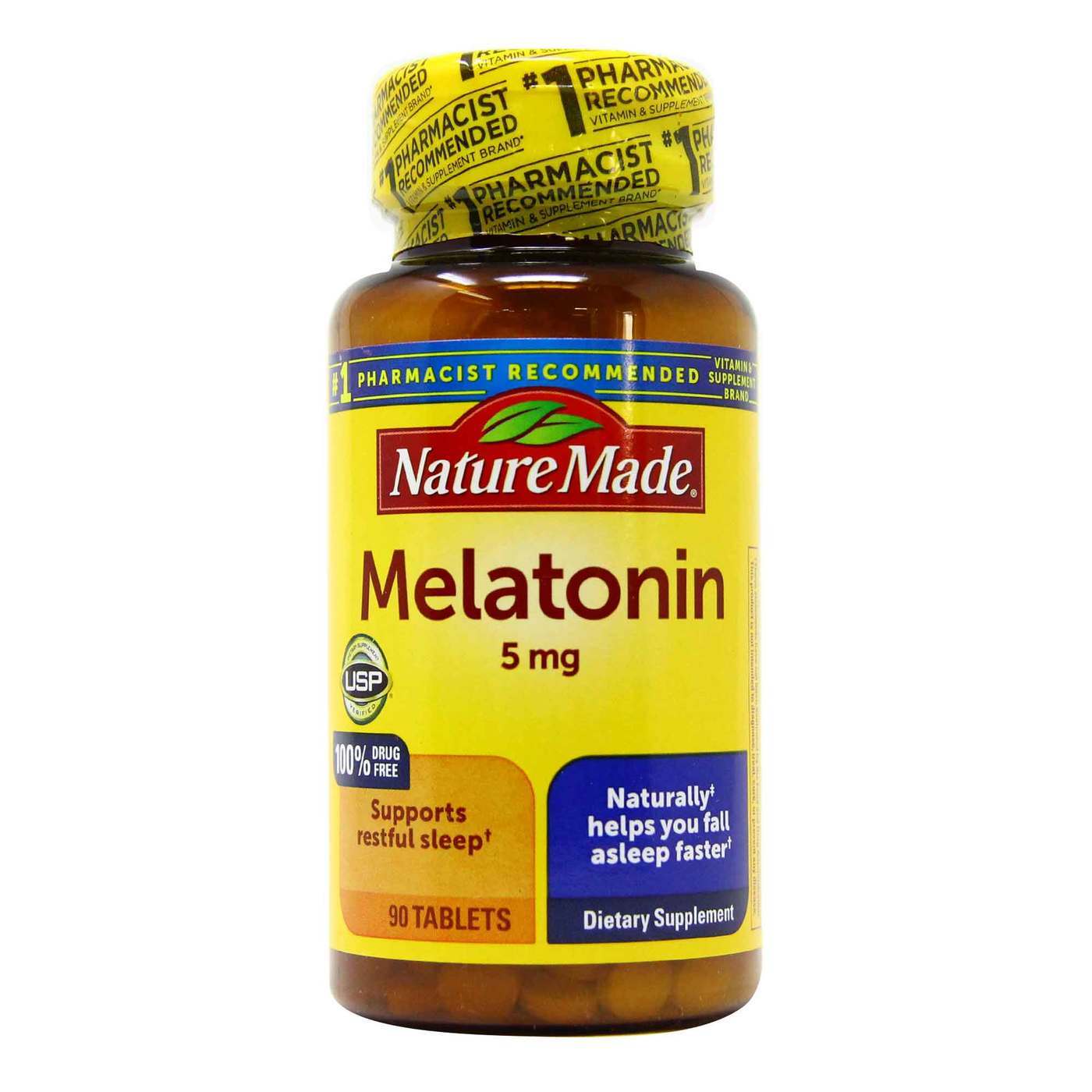
“The regulatory framework for supplements is broken,” he said, “The manufacturers are not complying with the law, and the FDA is not enforcing the law. Gummies sold as sleep aids had much higher levels of melatonin than stated on the label, as well as CBD, according to the study. The new study found 88% of the gummies were inaccurately labeled, and only three contained a quantity of melatonin that was within 10% of what was listed on the label, said Cohen, who has studied invalid labeling of supplements for years. “We wondered if there was something going on with the products that might be contributing to the calls to the poison control centers.”

“Gummies are enticing to young children, who see them as candy,” Cohen said. Most of the calls were about children younger than 5 years old who had accidentally eaten gummies caregivers had not properly locked away. The largest spike in calls - 38% - occurred between 20, the report said. “”We also wanted to take a closer look at those products after last year’s report that poison centers have had over a quarter million calls about pediatric ingestion, thousands of hospitalizations, ICU visits, even some deaths.”Ī 2022 report by the US Centers of Disease Control and Prevention found calls to poison control about melatonin ingestion by children rose 530% between 2012 to 2021. “We choose gummies over other products because we thought parents would chose edibles to give to their children,” Cohen said. Is melatonin safe for kids? Here's what the experts say The scientists carefully chose the first 25 gummy melatonin products displayed on the National Institutes of Health database, which the public can check to see labels of dietary supplements sold in the United States. However, the research team didn’t pick products “willy-nilly” off the internet, Cohen said. In the study, published Tuesday in the journal JAMA, researchers sent 25 products labeled as melatonin gummies to an outside lab that tested for levels of melatonin and other substances. The agency also warns supplements could affect hormonal development, “including puberty, menstrual cycles, and overproduction of the hormone prolactin,” which causes breast and milk development in women.Ĭarefully chosen from government database There is also the potential for harmful interactions with medications and allergic reactions to the melatonin, according to the National Center for Complementary and Integrative Health, a department of the National Institutes of Health. Side effects of melatonin use in children can include drowsiness, headaches, agitation, and increased bed-wetting or urination in the evening. Sleep myths that may be keeping you from a good night's rest “It’s currently only recommended for a very specific use in children over 1 with intractable seizure disorders.”Īside from CBD, consuming a gummy that unknowingly contains extremely high levels of melatonin - well over the daily 0.5 to 1 milligram per night that has been shown to induce sleep in kids - is also dangerous, said Breuner, who serves on the integrative medicine committee of the American Academy of Pediatrics, which is currently writing new guidelines on supplements in children. “There’s no data that supports the use of CBD in children,” said Breuner, who was not involved in the study. Cora Collette Breuner, a professor of pediatrics at Seattle Children’s Hospital at the University of Washington. The use of CBD in over-the-counter aids is particularly concerning because parents might purchase gummy products to give to their children to help them sleep, said Dr. “Four of the tested products contained levels of CBD that were between 4% and 18% higher than on the label,” Cohen said.

It was just cannabidiol, or CBD.”Īccording to the US Food and Drug Administration, “it is currently illegal to market CBD by adding it to a food or labeling it as a dietary supplement.” Yet several of the tested products containing CBD in the study openly advertised the addition of that compound to their melatonin product, Cohen said.

Pieter Cohen, an associate professor of medicine at the Cambridge Health Alliance in Somerville, Massachusetts.Ī jar of gummies might also contain ingredients you didn’t count on, Cohen said: “One of the products that listed melatonin contained no melatonin at all. “One product contained 347% more melatonin than what was actual listed on the label of the gummies,” said study coauthor Dr. Using melatonin for sleep is on the rise, study says, despite potential health harms


 0 kommentar(er)
0 kommentar(er)
